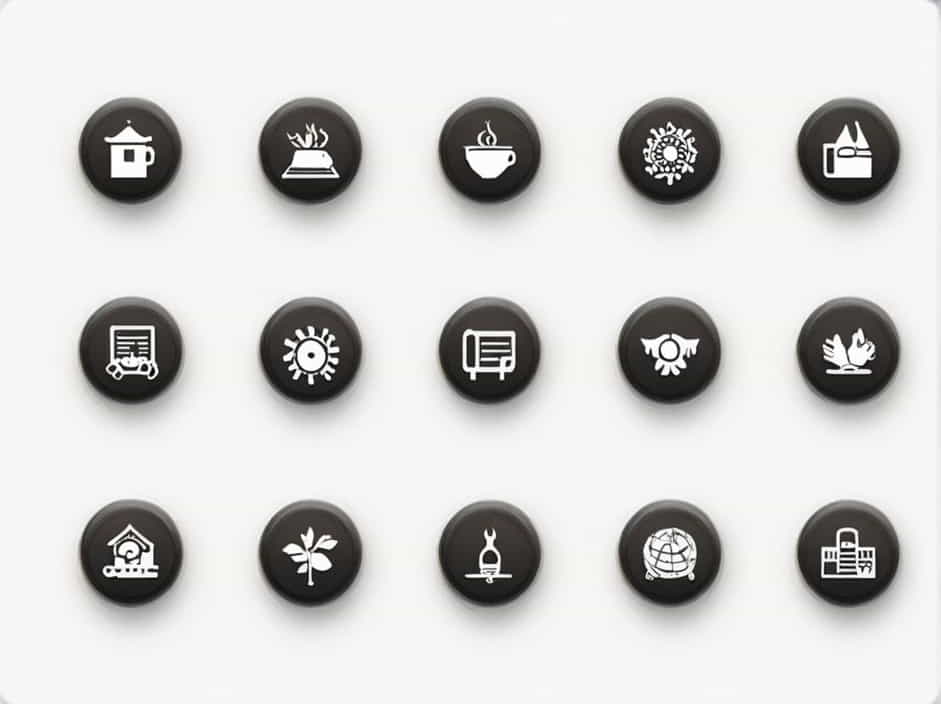The Swiss Agency for Development and Cooperation (SDC) is Switzerland’s official institution for international development and humanitarian aid. Operating under the Federal Department of Foreign Affairs (FDFA), SDC works to reduce poverty, promote sustainable development, and respond to humanitarian crises worldwide.
As one of the key agencies involved in global cooperation, SDC partners with governments, non-governmental organizations (NGOs), and international institutions to tackle social, economic, and environmental challenges. This topic explores SDC’s mission, objectives, key programs, and impact across different regions.
What Is the Swiss Agency for Development and Cooperation?
1. Overview of SDC
The Swiss Agency for Development and Cooperation (SDC) is the official body responsible for Switzerland’s international development policies. It aims to:
- Reduce global poverty and inequality.
- Promote sustainable economic growth and social development.
- Provide humanitarian assistance in crisis situations.
- Support environmental protection and climate resilience.
2. When and Why Was SDC Established?
The agency was founded in 1961 as part of Switzerland’s commitment to international solidarity and sustainable global development. Over the years, SDC has expanded its efforts to include:
- Disaster relief and reconstruction.
- Long-term economic and social development programs.
- Human rights and governance initiatives.
3. Where Is SDC’s Headquarters?
SDC is headquartered in Bern, Switzerland, and operates through various regional offices, embassies, and partner organizations worldwide.
Main Objectives of SDC
SDC’s work is guided by Switzerland’s foreign policy goals, focusing on three key areas:
1. Humanitarian Aid
SDC provides emergency relief and long-term support to populations affected by:
- Natural disasters (earthquakes, floods, hurricanes).
- Armed conflicts and political crises.
- Food insecurity and health emergencies.
2. Development Cooperation
SDC supports long-term social and economic development projects, including:
- Education and vocational training programs.
- Health and sanitation improvements.
- Job creation and economic growth initiatives.
3. Cooperation with Eastern Europe
SDC plays a key role in supporting political and economic transitions in Eastern European countries by:
- Strengthening democratic institutions.
- Promoting economic reforms.
- Enhancing public services and infrastructure.
Key Programs and Initiatives
1. Humanitarian Assistance and Crisis Response
One of SDC’s primary functions is to provide rapid response to humanitarian crises. Key areas of intervention include:
- Emergency relief – Providing shelter, food, and medical aid.
- Disaster risk reduction – Helping communities prepare for future disasters.
- Conflict resolution and peacebuilding – Supporting diplomatic efforts and community reconciliation.
Example of SDC’s Humanitarian Work
During the Syrian refugee crisis, SDC provided:
- Emergency shelter and medical support.
- Clean water and sanitation services.
- Psychosocial support for displaced families.
2. Sustainable Development and Climate Change Action
SDC promotes sustainable environmental practices by:
- Encouraging renewable energy solutions.
- Supporting sustainable agriculture.
- Helping countries adapt to climate change.
Example of SDC’s Climate Initiatives
In Bangladesh, SDC launched projects to:
- Improve flood-resistant housing and infrastructure.
- Introduce climate-resilient farming techniques.
- Support coastal communities in adapting to rising sea levels.
3. Education and Skills Development
SDC invests in education and vocational training to help people gain skills for employment. Programs focus on:
- Improving primary and secondary education.
- Expanding access to vocational training.
- Enhancing digital education opportunities.
Example of SDC’s Education Initiatives
In Sub-Saharan Africa, SDC supported:
- Technical training programs for young entrepreneurs.
- School-building projects in rural communities.
- Scholarship programs for underprivileged students.
4. Economic Development and Poverty Reduction
SDC helps countries build stronger economies and reduce poverty through:
- Microfinance and small business support.
- Infrastructure development (roads, clean water, electricity).
- Women’s economic empowerment programs.
Example of SDC’s Economic Development Work
In Nepal, SDC launched programs to:
- Train women in entrepreneurship and business skills.
- Provide low-interest loans to small farmers.
- Improve rural market access for agricultural products.
SDC’s Global Impact
1. Contributions to the United Nations Sustainable Development Goals (SDGs)
SDC plays a major role in advancing the United Nations Sustainable Development Goals (SDGs), particularly in:
- SDG 1: No Poverty – Supporting economic opportunities for low-income communities.
- SDG 4: Quality Education – Ensuring access to education for all.
- SDG 13: Climate Action – Helping countries combat climate change.
2. Strengthening International Partnerships
SDC collaborates with:
- United Nations agencies (UNDP, UNICEF, WHO).
- International NGOs like the Red Cross and World Food Programme.
- Local governments and civil society organizations.
3. Supporting Peace and Stability
By promoting good governance and conflict resolution, SDC helps prevent future crises and supports long-term stability in fragile regions.
Challenges Faced by SDC
1. Political and Economic Uncertainty
- Geopolitical tensions can affect funding and project implementation.
- Economic downturns may reduce Switzerland’s development aid budget.
2. Climate Change and Environmental Risks
- More frequent natural disasters increase the need for humanitarian aid.
- Sustainable development efforts must adapt to climate challenges.
3. Ensuring Long-Term Development Impact
- Balancing immediate relief efforts with long-term development is a challenge.
- Measuring the success of projects requires continuous monitoring.
How Individuals Can Support SDC’s Mission
1. Supporting Sustainable Development Projects
- Donating to humanitarian aid organizations partnered with SDC.
- Advocating for climate-friendly policies.
2. Raising Awareness
- Learning about global development issues.
- Sharing information on social media to spread awareness.
3. Volunteering and Working with NGOs
- Joining volunteer programs that support SDC’s initiatives.
- Working with development organizations in affected regions.
The Swiss Agency for Development and Cooperation (SDC) is a vital institution in international development and humanitarian aid. By reducing poverty, responding to crises, and promoting sustainable growth, SDC plays a key role in improving global living conditions.
Despite challenges, SDC continues to drive progress in education, health, climate action, and economic development. Individuals can support its mission by promoting awareness, advocating for sustainable development, and participating in global cooperation efforts.
As the world faces increasing challenges, SDC remains committed to building a better, more sustainable future for all.
